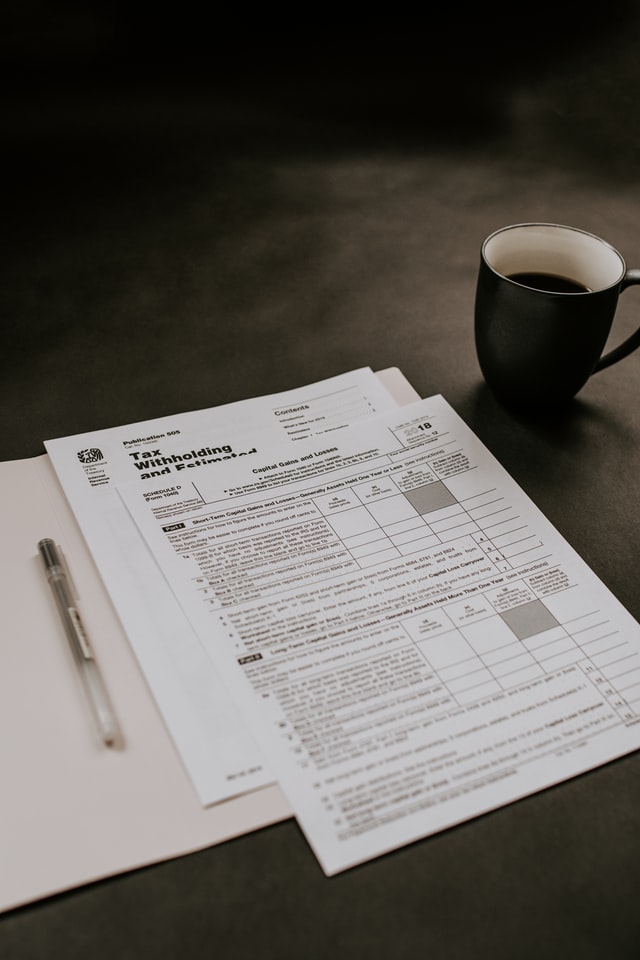If you’re a real estate property owner, you’re required to pay tax on the property’s income. Every state, city, county, and even local jurisdiction have their own list of what type of property is taxed and specifications on how property owners should determine a property’s taxable value. You’re required to file an annual tax return to report the tax you owe.
If you’re wondering how to file real estate taxes, here’s a simple guide:
How to Pay Your Taxes
Property taxes are paid to the state or other local jurisdiction — make sure to check your state’s rules on real estate tax filing. The local government accesses your property to determine its worth and how it should be taxed. The filing process is different in every state, so make sure to check that you’re using the correct forms. Consult a tax professional if not sure.

Property Tax Deductions
Like many property owners, you’re probably asking yourself if you can deduct property taxes from your federal tax return. The truth is, you can deduct your real estate property taxes that you paid on your property in the financial year you file taxes. The taxes are deductible if they’re:
- Based on the market value of your property
- Levied uniformly throughout the local community
- Assessed and paid before the end of the tax year
- Used for a general or governmental purpose
Real estate owners can deduct up to $10,000 of state and local real estate income taxes, including personal property taxes, or $5,000 if married and filing your taxes separately.
What To Keep in Mind When Deducting Property Taxes
It’s crucial to differentiate between deductible real estate taxes and non-deductible property charges. Expenses like fees charged for delivering services like water and flat fees for paying fines and assessments and costs that benefit the property like the construction of a sidewalk can’t be deducted. Check your local tax authority’s bill to see if you can deduct maintenance and repair costs.
Real estate taxes may also be divided where a property was sold or bought. The seller can deduct the property taxes up to the date before the actual sale, while the buyer can deduct taxes starting on the sale date. If you sell or buy a home during the tax year, your settlement statement also reports real estate and property taxes. +
Timing Is Important When Taking Deductions
The timing of your real estate property tax payments is critical when taking deductions from your federal income tax return. If you want to claim a deduction, the IRS requires that you make the payment during the same year you report the property tax deduction. For instance, if you’re filing your 2020 tax return in 2021, you can only deduct the property taxes paid on or between Jan 1 – Dec 31, 2020.
Report on Schedule A
Before paying real estate taxes online, ensure you itemize your deductions to take your property tax deduction. You should claim this on Schedule A. If you pay real estate property taxes through an escrow account each month as part of your mortgage payment, don’t treat the entire payment as part of your property tax deduction.
If you need a consultation about real estate taxes, deductions, and tax breaks, or you need help with your tax return consult TFX, your tax professionals, so you can get back as much money as possible.


